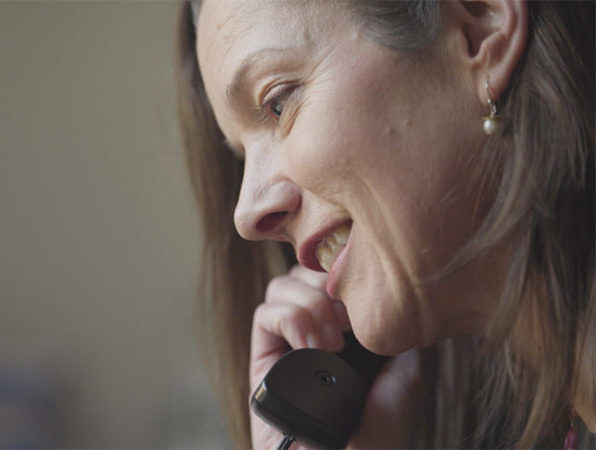Speak to a nurse
Our specialist nurses on our Support Line can explain how to get support at home.
If you need nursing support at home, this is most likely to come from the local community or district nursing service. Ask the GP or nursing team who to contact if you need help in the evenings, at night or over the weekend.
If you are being cared for at home, you should have support from community health services. For example, you might need help from a community nurse at home. If you have mobility problems, you may see a physiotherapist. An occupational therapist who can advise on equipment and adaptations.
Community health services support families as well as the person who is ill.
It can sometimes take time to organise care and support at home, so try to find out what is available before you need it. The GP or specialist nurse can help you with this.
Before someone leaves hospital, their medical team will assess what care and support they may need at home. This is called a needs assessment or discharge planning.
The assessment will be used to create a discharge plan and if needed, a care plan. These include details such as what treatment and support will be provided at home, and who to contact if there is a problem. If someone has cancer that can’t be cured, it should explain that they need palliative care and who will provide this.
The medical team should write to your GP to explain why you were in hospital and any care you will need when you go home.
If your needs change while you are at home, ask for another assessment.
If you need nursing support at home, this is most likely to come from the local community or district nursing service.
Your GP or main contact at the hospital can refer you. Ask how long this is likely to take.
Nurses will normally visit during the day, but there will be a team available in the evenings. In most areas, nurses will also be available at night, so it should be a 24-hour service. Ask your GP or the nursing team about how to get help during the night.
Depending on how services are organised where you live, nursing support may be given by different nurses who provide different types of care.
Specialist nurses in the community are different to the clinical nurse specialist you see at the hospital. The clinical nurse specialist will be able to help with treatment, side effects and managing symptoms, but won’t visit you at home.
Marie Curie nurses have a different role. They provide nursing care at home for people who are nearing the end of their lives. For example, they may come in overnight so that a carer can get some sleep. The GP or district nurse can put you in touch with a Marie Curie nurse.
Other organisations might also provide this service – for example, the charity Sue Ryder, the local hospice or private companies.
“During the last weeks of mum’s life we had Marie Curie come out and night sit with mum, so me and dad could sleep. This took the pressure off us.”
Our specialist nurses on our Support Line can explain how to get support at home.


May 2024
To be reviewed May 2027